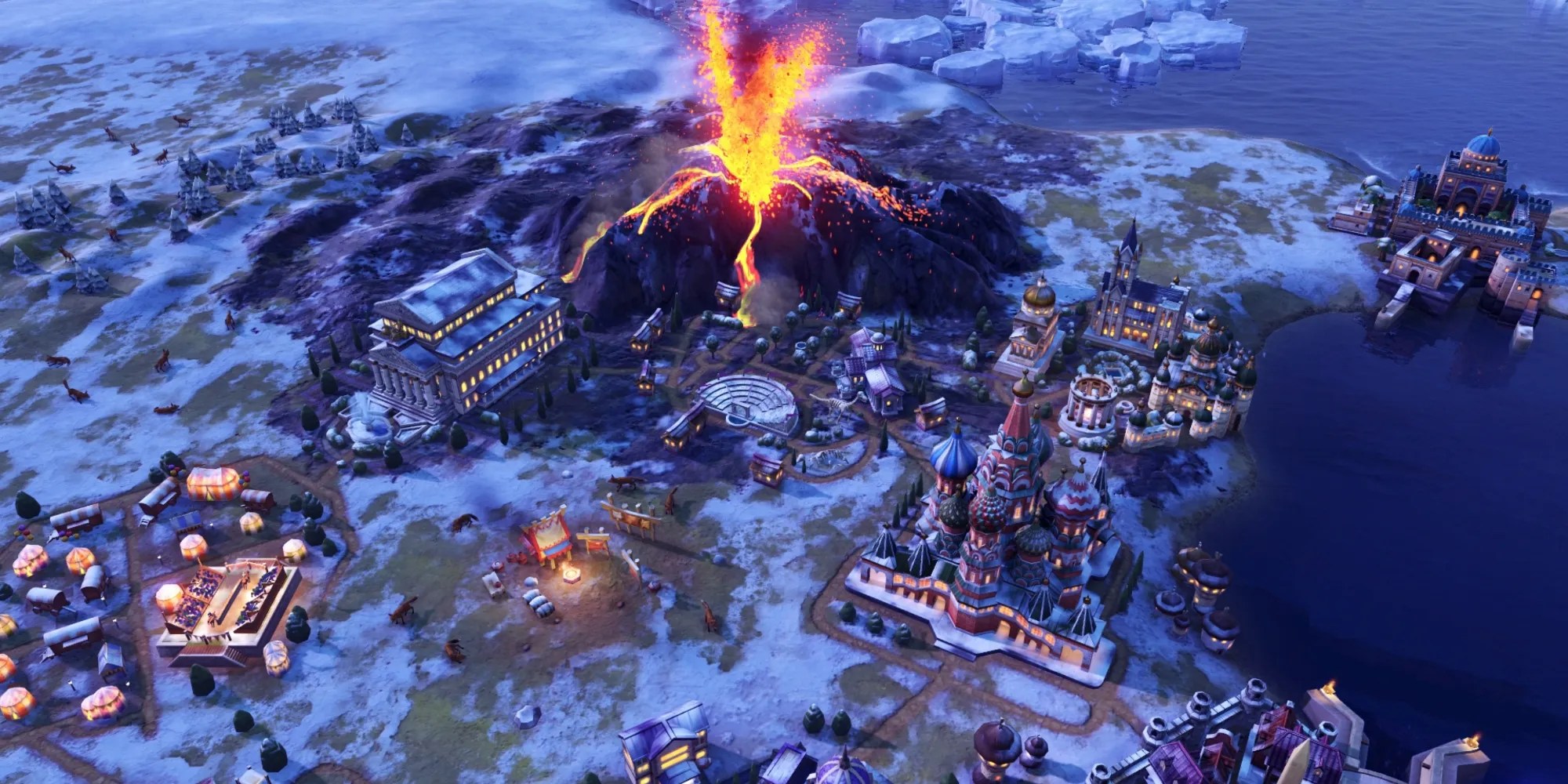After a seven-year wait, Firaxis officially revealedSid Meier’s Civilization 7is in the works. While there has been no news about the project outside a short announcement tweet, fans are interested to see what the studio has in store. EachCivilizationtitle tries to reinvent what it means to be aCivgame, and that trend will likely continue withCivilization 7.
Sid Meier’s Civilization 7could be Firaxis' chance to fix many of the series' pitfalls up to this point, such as getting diplomacy right. Diplomacy has always been one of the weakest elements of the series when it should be one of the strongest. Despite the entire concept ofCivilizationrevolving around diplomatic relations with other peoples, there are not many diplomatic shenanigans to get wrapped up in;Civ 7could rectify that with more engaging systems.

RELATED:Civilization 7 Could Give Firaxis the Opportunity to Revisit an Out-of-This World Concept
Civilization’s Diplomacy Mechanics Need Some Work
ThroughoutSid Meier’s Civilization, the aim is to claim victory against dozens of other countries, either by learning to work with them or being prepared to destroy them. While diplomacy plays a major role in a game like this, thediplomatic systems inSid Meier’s Civilizationfeel basic compared to other strategy games.
Sid Meier’s Civilization 6overhauled the diplomacy systemfrom previous entries, but it still feels very limited. Each civilization has varying relationship levels with every other civilization, and players can manipulate these levels through diplomatic means. They can improve the relationship by satisfying the civilization’s agenda, sending delegations, establishing embassies, having trade routes, fulfilling promises, and striking certain agreements. To worsen the relationship, players have to be more aggressive and actively do the opposite of what the other civilization wants.
While it may sound like there are a lot of options when it comes to diplomacy inSid Meier’s Civilization, most of it boils down to the same gameplay loop. The civilization will send players a trade offer that can be accepted or denied, and relationships tend to just be a bar that either goes up or downbased on the offers that eachCivilizationplayer make. Even alliances feel barebones; mostly a means to protect civilizations from outside aggression.
One of the easiest ways to fix this would be to give players more options beyond trading goods, signing pacts, and declaring war.Civilization 7could make espionage more directly tied to diplomacy, for example, with players being able to blackmail or trade secrets with other civilizations. Aid projects should become more of a choice, there should be more pacts that players can propose, and alliances need to feature more mechanics to engage in. Giving players more options could significantly expand the system, bringing itmore in-line with grand strategy games likeStellaris.
Sid Meier’s Civilization 6also featured AI-driven agendas to navigate around, but the concept could use more work. The agendas are not always very complex, as civilizations like Norway will get mad if players simply do not build enough boats, a request that gets especially more bizarre astheCivilizationround unlocks more advanced technologies. If agendas change as the world evolves, this could make the AI feel more alive, leading to a constantly unique landscape that makes success more difficult - and rewarding.
There are a lot of things that Firaxis could do to fix diplomacy, andSid Meier’s Civilization 7is the chanceto finally get it right. The system needs to be more complex and interesting given how important diplomacy is to the conceit of the game. It deserves to be far more than a simple relationship bar.
Sid Meier’s Civilization 7is currently in development.
MORE:Civ 7 Should Take Inspiration from Civ 5’s World Congress Rather Than Civ 6’s